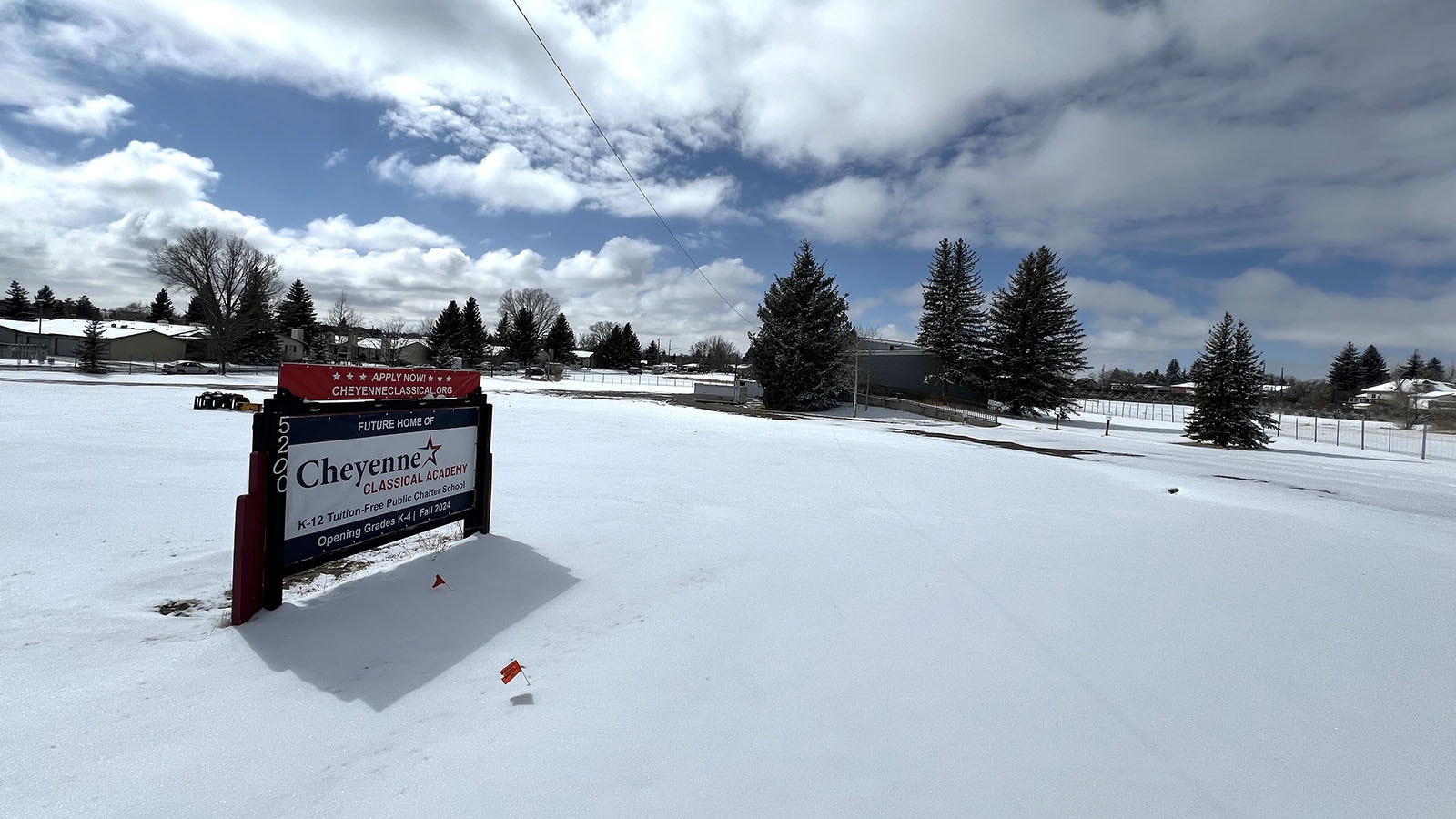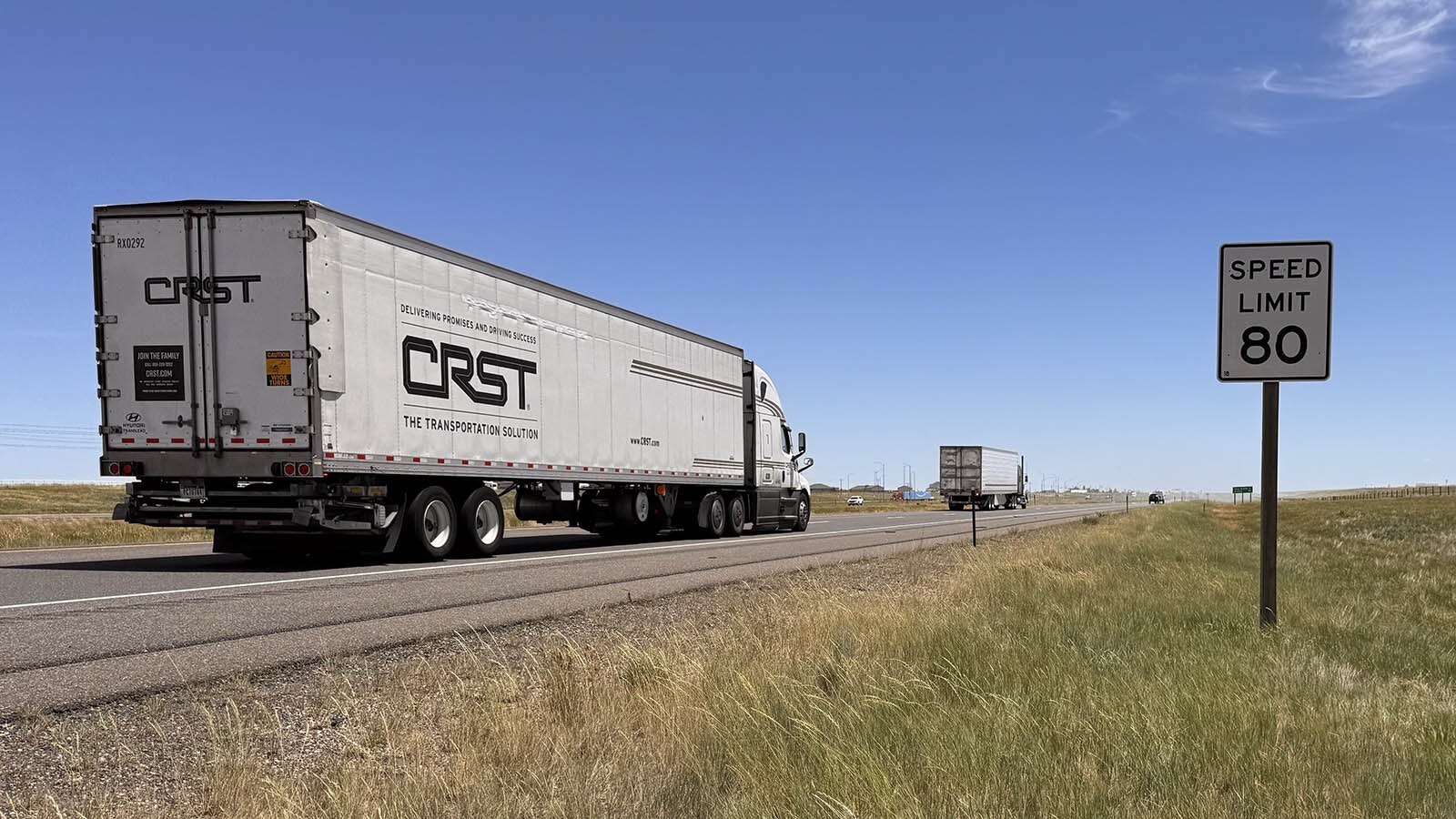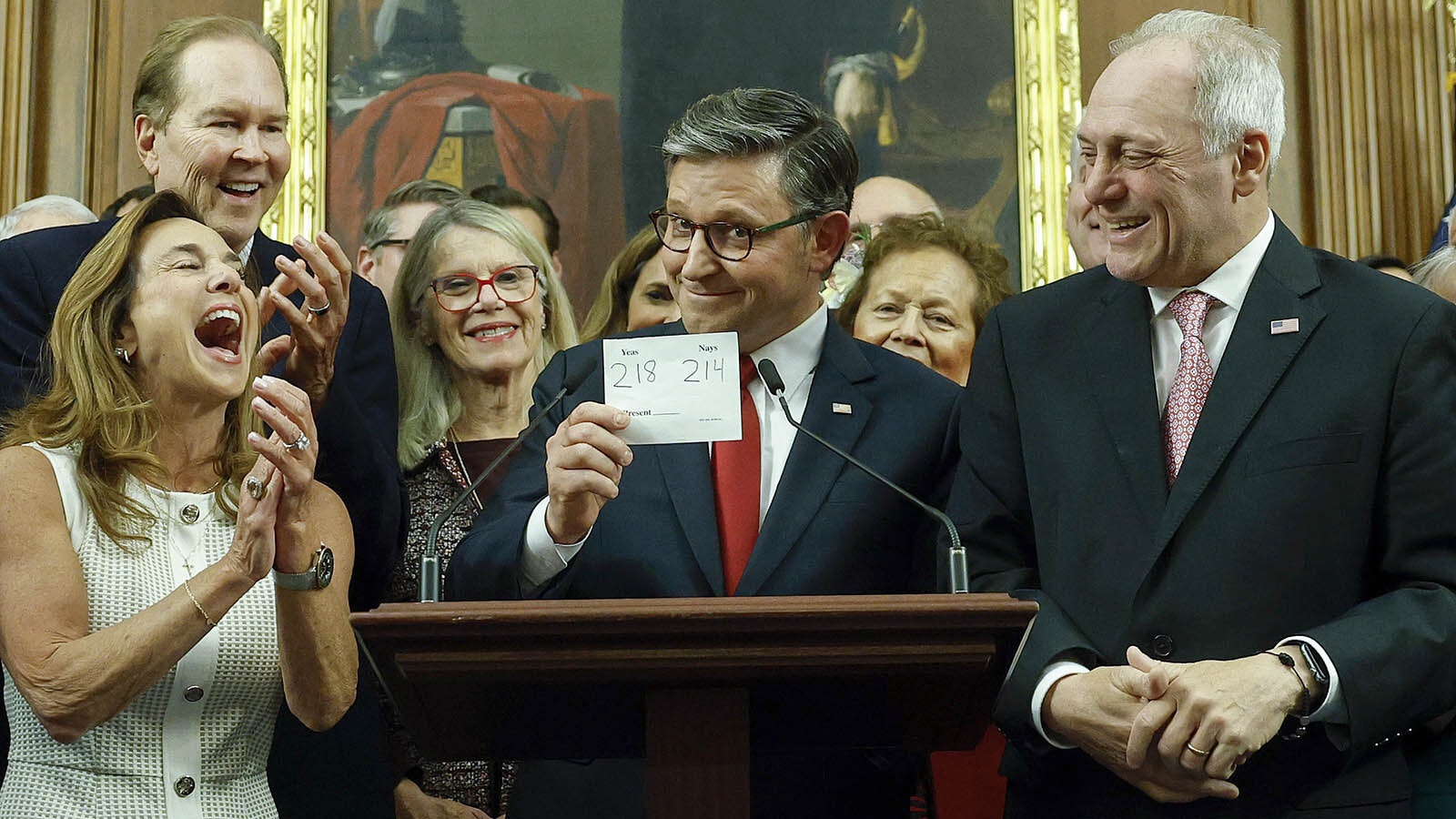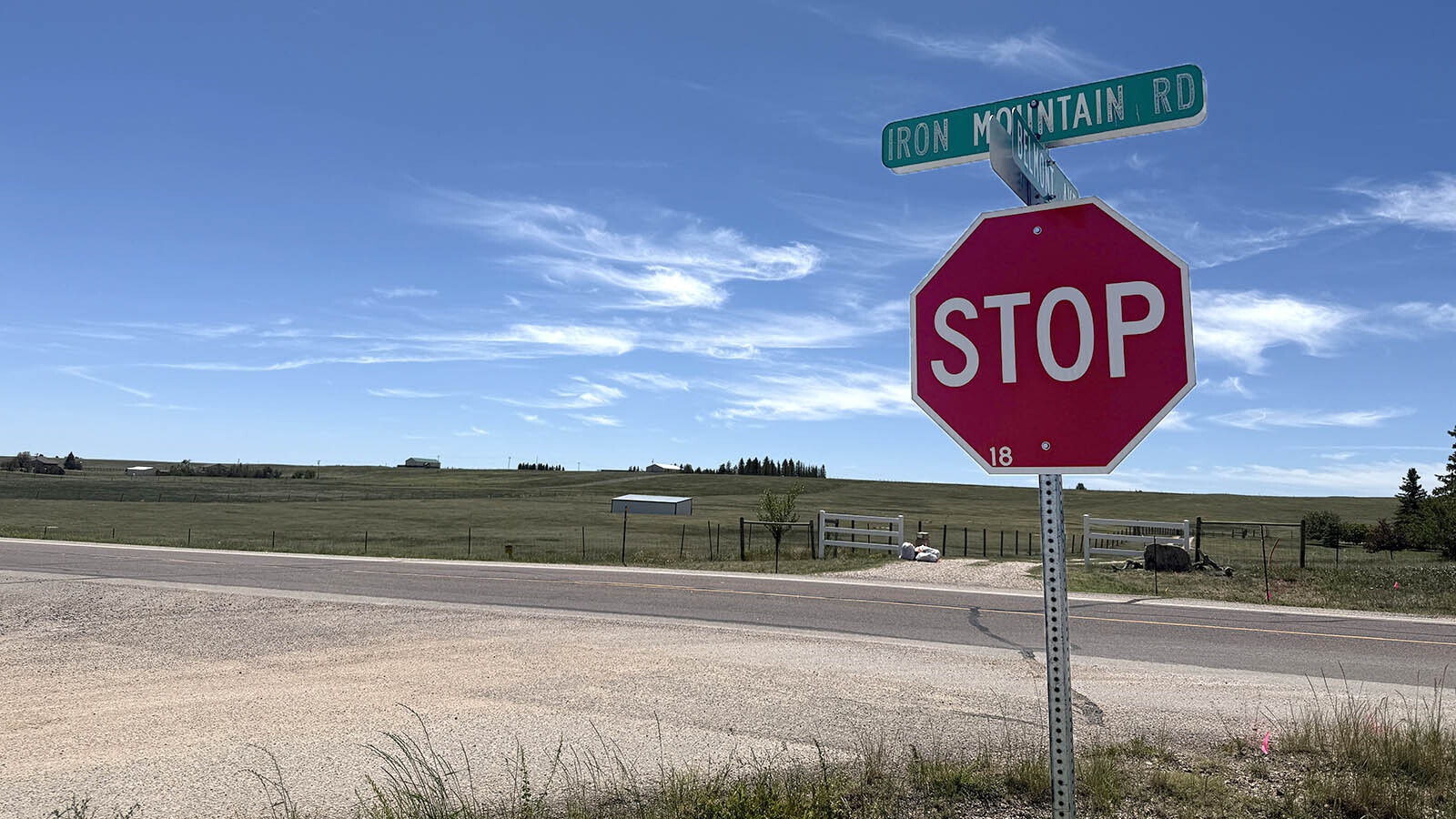Gov. Mark Gordon expressed skepticism about a bill that gives public money to Wyoming parents for their children’s private education, but still let it pass into law Thursday — with a significant change.
As passed by the Legislature, House Enrolled Act 53 establishes educational savings accounts (ESA) in Wyoming, allowing families with a household income of up to 500% of the federal poverty line to participate in the program. Gordon reduced the income cap to 150% of the federal poverty line.
Those who participate will get $6,000 per child.
“While the intent to support education and parent choice is commendable, my analysis revealed practical and constitutional complications within the bill’s provisions,” Gordon wrote in his line-item veto letter.
Although the bill’s sponsor, state Rep. Ken Clouston, R-Gillette, was pleased that the final passed version of the bill had been narrowed after expansive changes were made to it in the Senate, even he was surprised Gordon made more cuts to it.
Clouston said he’s happy the governor signed the bill, but disappointed with the income cap reduction.
“I was hoping to have a higher income threshold than the governor approved to positively affect more Wyoming families and to give us a larger group of students to study the effects of this great program,” Clouston told Cowboy State Daily.
Issues
Specifically, Gordon questions whether the bill aligns with the Wyoming Constitution, which says the state may not provide any loan or credit unless its in "necessary support of the poor.”"
As originally written, a household of four with an income of $156,000 could have qualified for the lowest level of support from the ESA program, which is $600 per year. A family of three at 150% of the poverty level income amounts to $37,290.
“We must ensure that any allocation of state funds, whether to education providers or individual parents, aligns with the principles outlined in the Wyoming Constitution while simultaneously serving a clearly defined public interest and providing equitable returns for the state's investment,” Gordon wrote. “Failure to address these concerns could expose the program to legal challenges and undermine its viability and legitimacy. That would be unfortunate.”
Gordon also complained that the bill covers religious schools, but he didn’t find that concerning enough to veto the bill as a whole. The Wyoming Constitution specifically prohibits providing public money directly to these entities.
“I believe recent U.S. Supreme Court rulings in these matters could augue persuasively to our benefit in these matters,” Gordon wrote.
He also expressed concern that Wyoming’s boom-and-bust economy could lead to a revocation of funding for the program and said the state should move slowly with implementing it to ensure it succeeds.
Some Positives
The new law includes all schooling from pre-kindergarten up to 12th grade.
Gordon said the new law could improve competitiveness within education in Wyoming, and said he was particularly excited about the pre-K portion of the bill, an aspect many conservatives criticized.
“By providing families access to various educational services, including pre-kindergarten programs, the ESA program has the potential to enhance the early learning experiences of children across the state,” Gordon wrote. “Early childhood education forms the bedrock for future academic success and socio-emotional development.”
Gordon said he believes in the merit of ESA programs, but also stressed they must be effectively managed to ensure positive educational outcomes and long-term fiscal responsibility.
“By proceeding carefully, with a clear understanding of both the benefits and challenges associated with education savings accounts, we can work towards a system that enhances parental choice while maintaining the integrity and effectiveness of our public education system,” he wrote.
Leo Wolfson can be reached at leo@cowboystatedaily.com.





